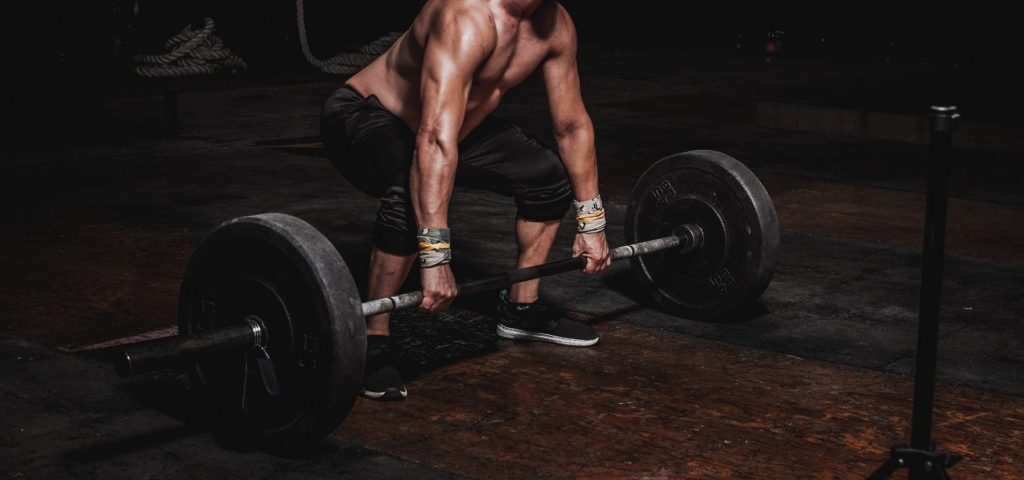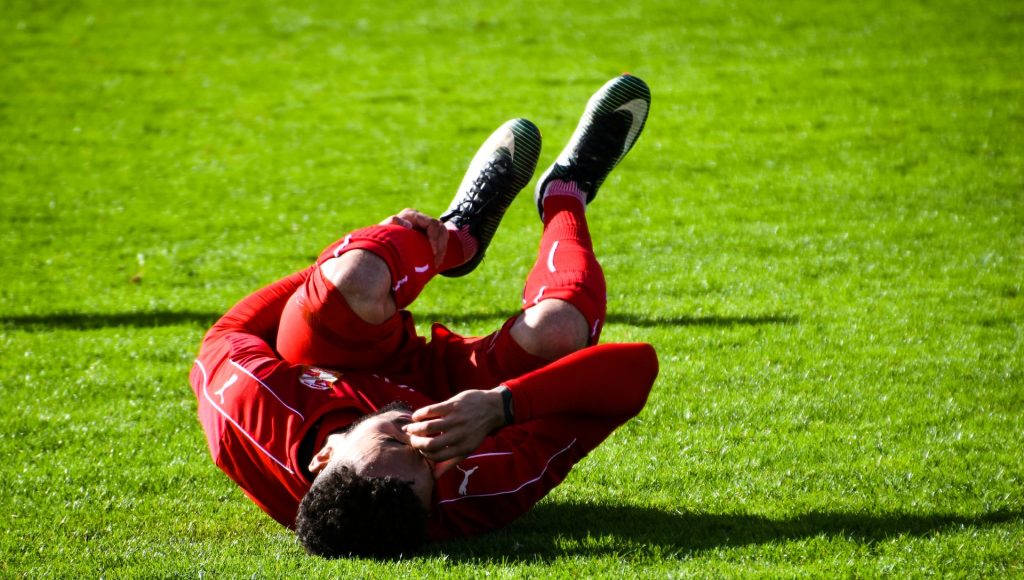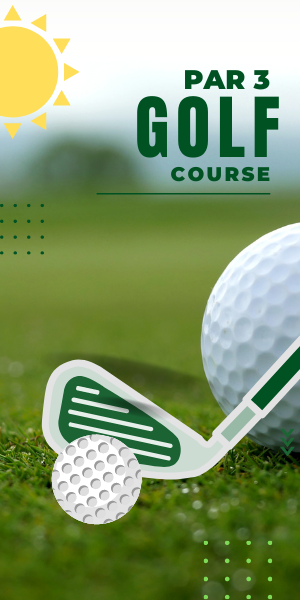Dealing with the pressure of an accident demands both physical and mental strength. Sports injury healing normally focuses on physical rehabilitation, but in addition, it is very important to add sports psychology methods or advice from a mindset coach to assist the recovery of yourself both mentally and emotionally.
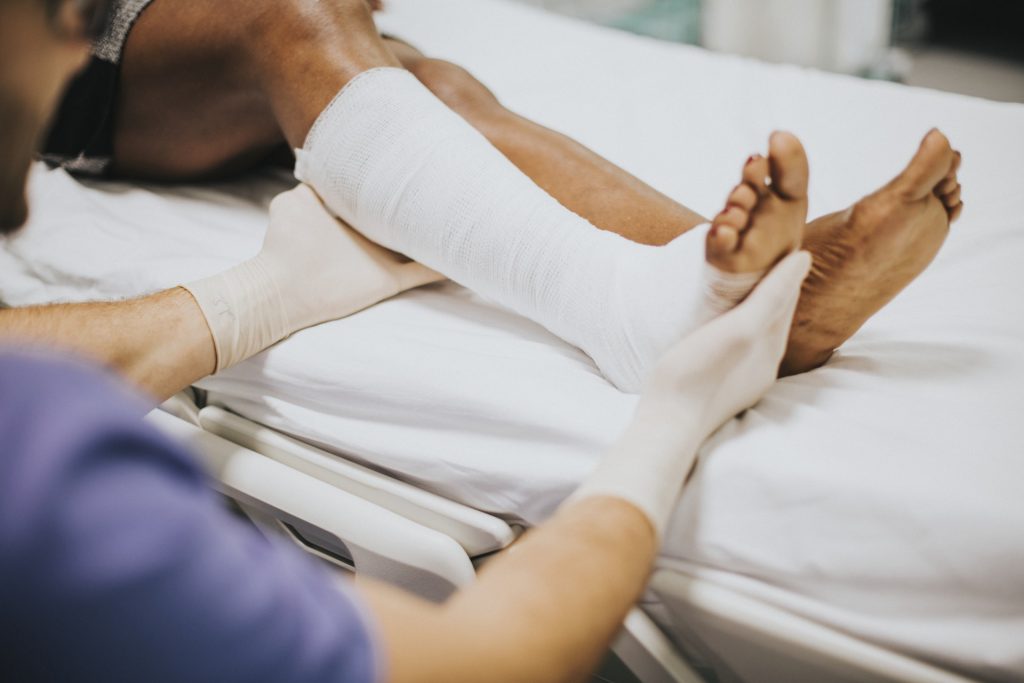
Athletes respond to accidents with a large array of emotions that might include denial, anger, despair, depression, and sometimes even anxiety. An accident frequently seems unfair to anybody that has been physically active and healthy. Even though these feelings are real, it is important to move past the negative and discover more favourable approaches to deal with this drawback. In several cases coping with an accident helps an athlete become more focused, flexible, and resilient. With help for the assistance of recovery you may want to consider contacting a sports psychologist or maybe even participating in life coaching and mentoring programmes offered. Making sure you reach out to the right help available is key.
Below are a few sports psychology approaches you can use for quicker injury recovery.
Understanding Your Injury
The more you know about the cause, treatment, and further measures of injury prevention, the less it may lead to anxiety or nervousness. You need to learn the best way to speak with your physician.
Ask these questions of your physician, trainer, therapist or coach until you understand just what you could do in order to recover quickly and completely.
- How long does recovery take?
- What’s the intention of the remedies I’m getting?
- What workouts could I safely perform?
- What are potential signs that I’m getting worse?
By understanding the damage and being aware of what to anticipate during the rehab process, you may feel less stress and a greater feeling of control.
By accepting responsibility for the recovery procedure, you’ll see a greater feeling of management and will immediately advance in healing, instead of forcing yourself to wallow in the worry.
To fix your injury quickly you want to get dedicated to beating your injury by simply establishing what your healing methods are, and listening and doing what your physician or athletic coach recommends. In addition, you have to observe your self-talk–everything you’re thinking and talking about yourself concerning the injury and the rehabilitation procedure.
Your self-talk is vital. To get the maximum from your everyday rehabilitation, you have to work hard and keep up a positive mindset. Stay focused on what you have to do, not what you’re missing out on.
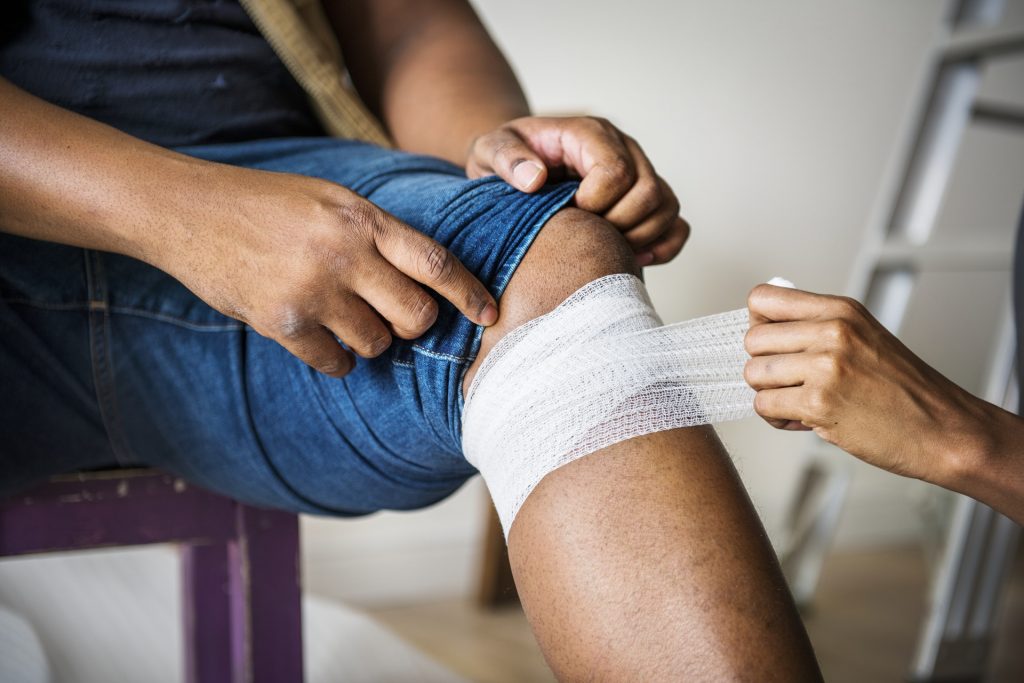
Utilise the Mind to Heal Your Body
Growing research shows it can be possible to hasten the healing process using specific mental abilities and techniques like vision and self-hypnosis. Imagery techniques utilise each the senses to make mental images, feelings, and senses linked to the desired outcome as if it’s happening now or has already occurred.
Get Help
A frequent response after an accident would be to isolate yourself from mates, coaches, and friends. It is important to keep contact with other people as you recuperate. If the injury is tremendously serious, you may really need the help of your family members with medical equipment rental and installation. Your teammates, friends, and also a mentor can listen if you have any problems and provide support along the way.
Just knowing you do not need to confront the damage alone may also be a huge comfort. Thus, go to the clinic; stay around the locker area along with the living area. Be visible by being an active member of this group.
Set Goals
Just because you’re injured, does not mean that you quit setting or planning goals. As opposed to seeing the damage as a catastrophe, make it yet another coaching obstacle. Your aims will focus on recovery instead of performance. This can help you stay motivated.
By tracking your goals you’ll also have the ability to detect tiny improvements from the rehabilitation of your injury You are going to feel more assured that you’re getting better and improving.
Don’t forget to work closely together with your therapist or physician. They can help you establish realistic goals which are in accord with each phase of your sports rehabilitation. Most athletes have a propensity to attempt and accelerate the restoration by doing too much too soon. It’s very important to accept that you’re hurt and understand your own limits.
Depending on the kind of injury you have, you could have the ability to change your training or include alternative types of training to keep up with cardiovascular conditioning or intensity. Work with your therapist or doctor to set up a fantastic alternative workout regime. If you can not run, maybe you could cycle or swim.
Work on comfort training and endurance, too. Produce a modified strength training plan, do a limited quantity of exercise to keep cardiovascular fitness or concentrate on better supplements wellness.
With the ideal understanding, patience and support for an accident, it could be overcome without turning your entire world upside down. By taking things slow, setting realistic objectives, and keeping a positive, focused strategy, many athletes may conquer minor accidents quickly and significant injuries in time. Ensure that you visit your doctor for an appropriate diagnosis and treatment strategy for any harm.
